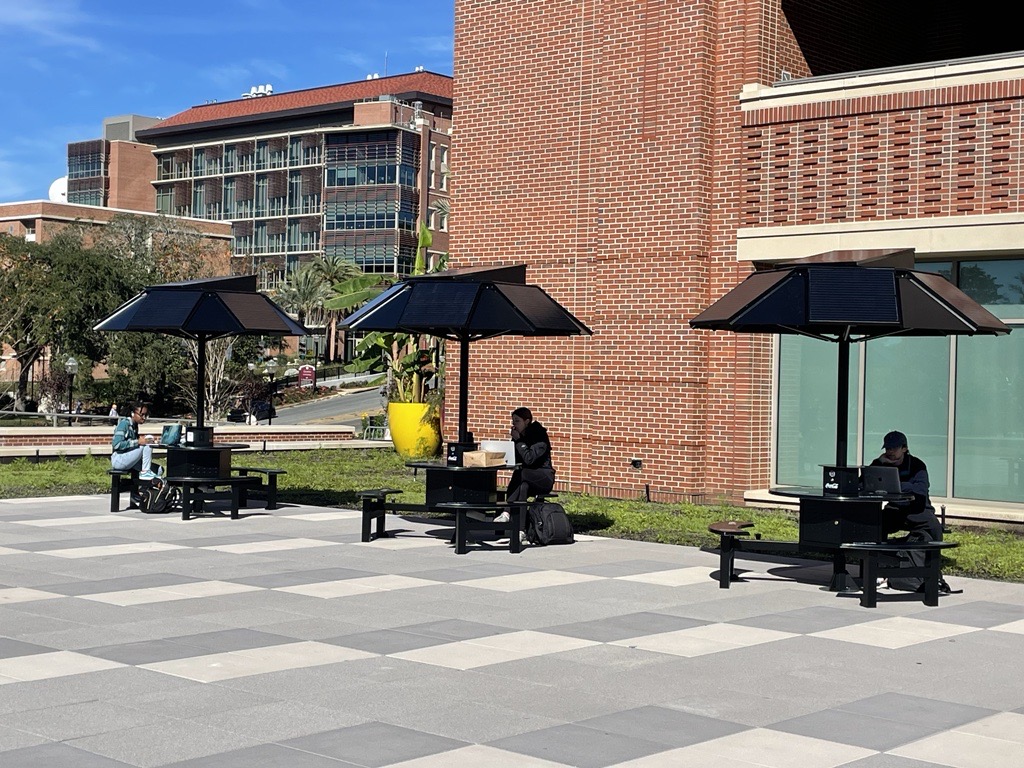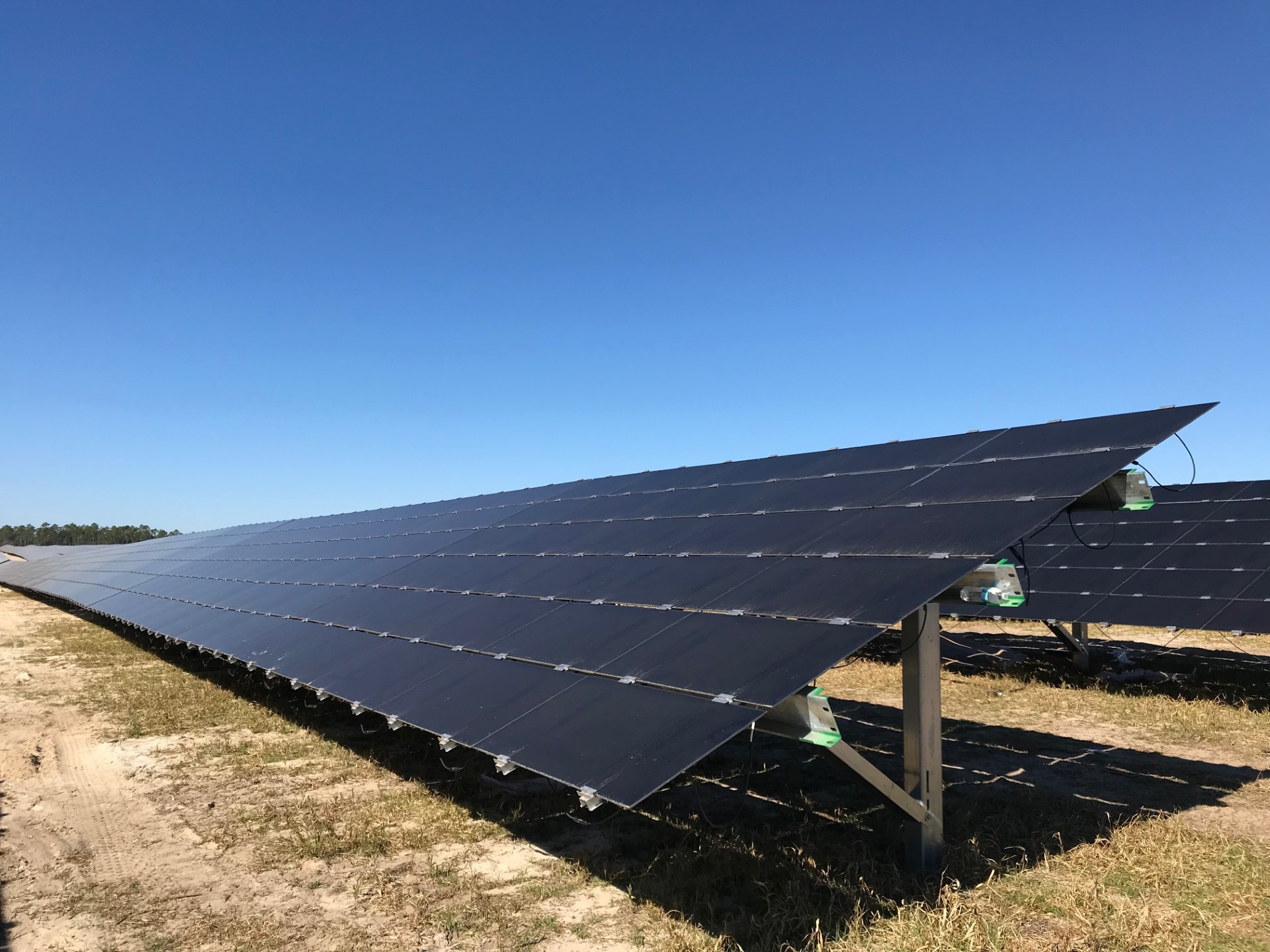
Florida State University implements energy management strategies to minimize costs, save natural resources, and reduce greenhouse gas emissions. Conservation and efficiency are built into all Utilities and Engineering Services planning and project implementation.
energy Goals:
- Continue to focus on proven conservation and efficiency strategies.
- Continue to drive down thousands of BTU (British Thermal Unit) per square foot (kBtu/sq.ft.).
- Increase building and lighting systems efficiency by simplifying control systems and scheduling.
- Expand metrics to include energy usage per person/FTE (Full Time Equivalent).
- Assess projects for return on investment (ROI) to maximize university budgets.
- Test products and services in a real-world setting to better understand associated impacts and savings before deploying campus wide.
- Balance between occupant comfort and maximizing operational efficiency.
Energy at FSU
Building Efficiency
FSU has a sophisticated scheduling process that incorporates student class schedules and events into a database. Buildings systems are then scheduled based on occupancy. After hours, where possible, HVAC systems are scaled by to perform at a greatly reduced capacity.
Further energy efficiency efforts on campus include:
- optimizing on-campus chillers and upgrading buildings
- parking lot light poles replaced with LED fixtures to replace the older, less efficient fluorescent lamps
- optimizing steam usage in over 40 on-campus buildings as well as capturing excess heat from the Central Heating Plant through a heat exchanger
Solar power
After completion of the City of Tallahassee’s 60MW solar farm in 2020, FSU committed to purchasing a significant amount of energy from the solar farm. FSU is the single largest solar energy consumer from the City of Tallahassee!
The Sustainability Hub in the Seminole Organic Garden is powered via 12 solar panels that provide the energy for educational classes, workshops, and various events.
The Earth, Ocean, and Atmospheric Sciences building features a Solar Flower that tracks the Sun’s movements via GPS and can produce up to 2.5 kW of energy.
Coca-Cola donated three solar panel tables placed outside of the Student Union, which power outlets within the tables to offer students an outside, shaded space to work.
Solar Thermal at the Leach Center
The solar thermal heating system for the Leach Center pool fully heats the pool during warmer months while providing as much as 25% of the heat needed in cooler months. These systems work by using the dark surface of a solar collector panel to collect sunlight, which is then converted to heat, which is pushed into a “carrier liquid” (often water) where it is stored and distributed to help regulate the water temperature when needed.
Lighting Upgrades
FSU’s exterior lighting standard for all new construction is LED. Some offices and classrooms are LED where financially feasible.
